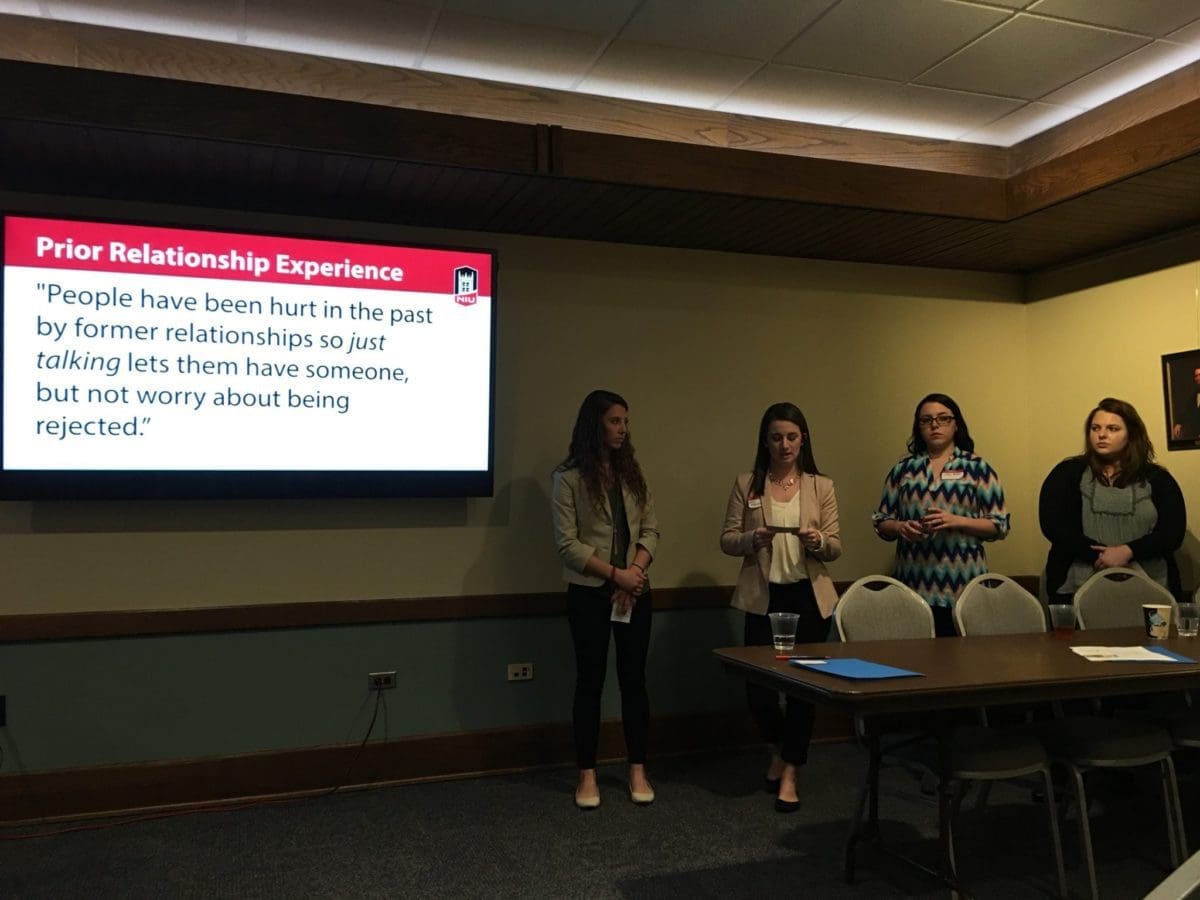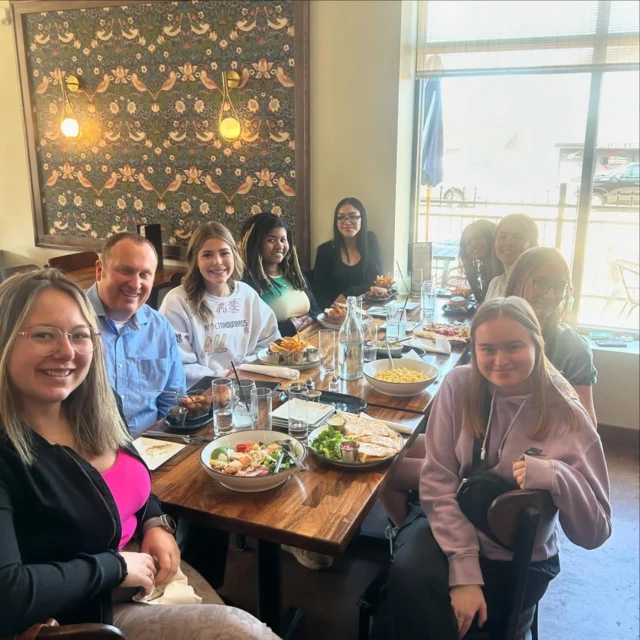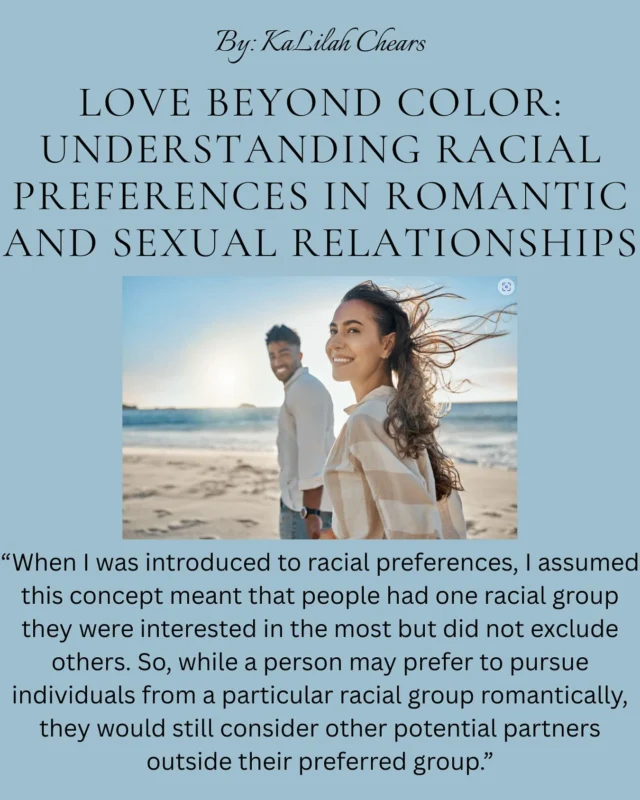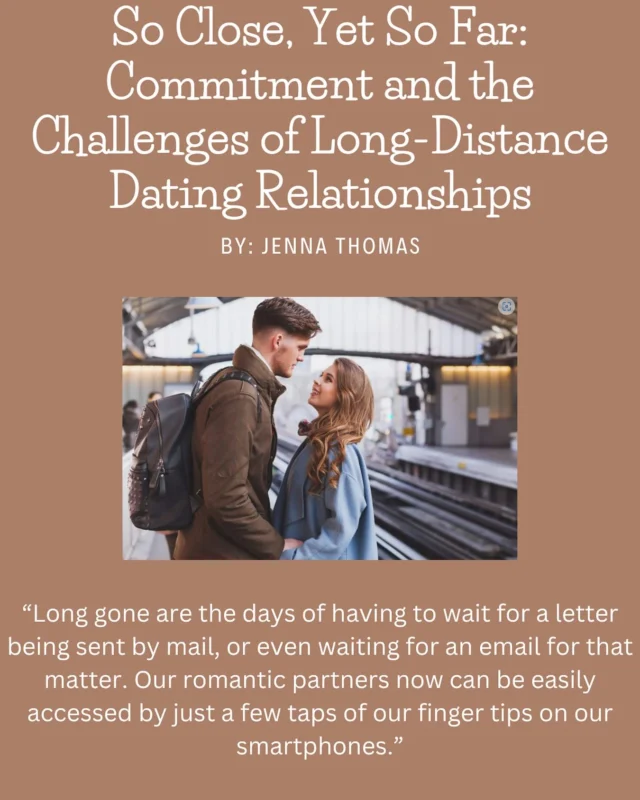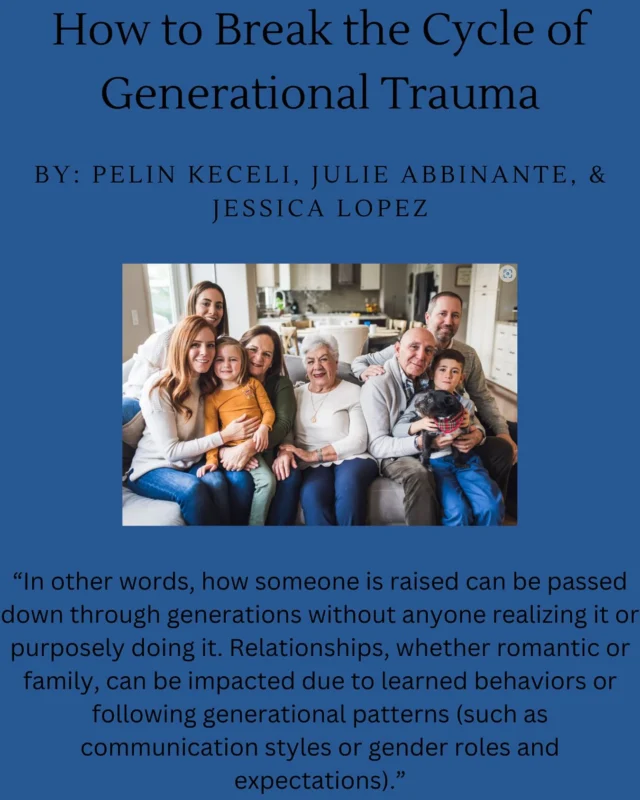On April 6th, seven members of our research team attended the Illinois Council on Family Relations 2017 Annual Conference in Normal, Illinois to present our research on our paper titled “Proceed with Caution: how emerging adults are testing the waters in just talking romantic relationships”.
The day started out with a road trip! We piled into a university van, with plenty of donuts in hand and hit the road from DeKalb to Normal, Illinois. When we arrived, we received our schedule for the day and all gathered around a table. The schedule consisted of a keynote speaker, Dr. Ani Yazedjian, who talked about employing an ecological lens in the development of a relationship education program targeting vulnerable youth, followed by four breakout sessions and a poster presentation section. Each breakout session consisted of two different presentations that conference goers could choose from. Our presentation was during the fourth and final breakout session.
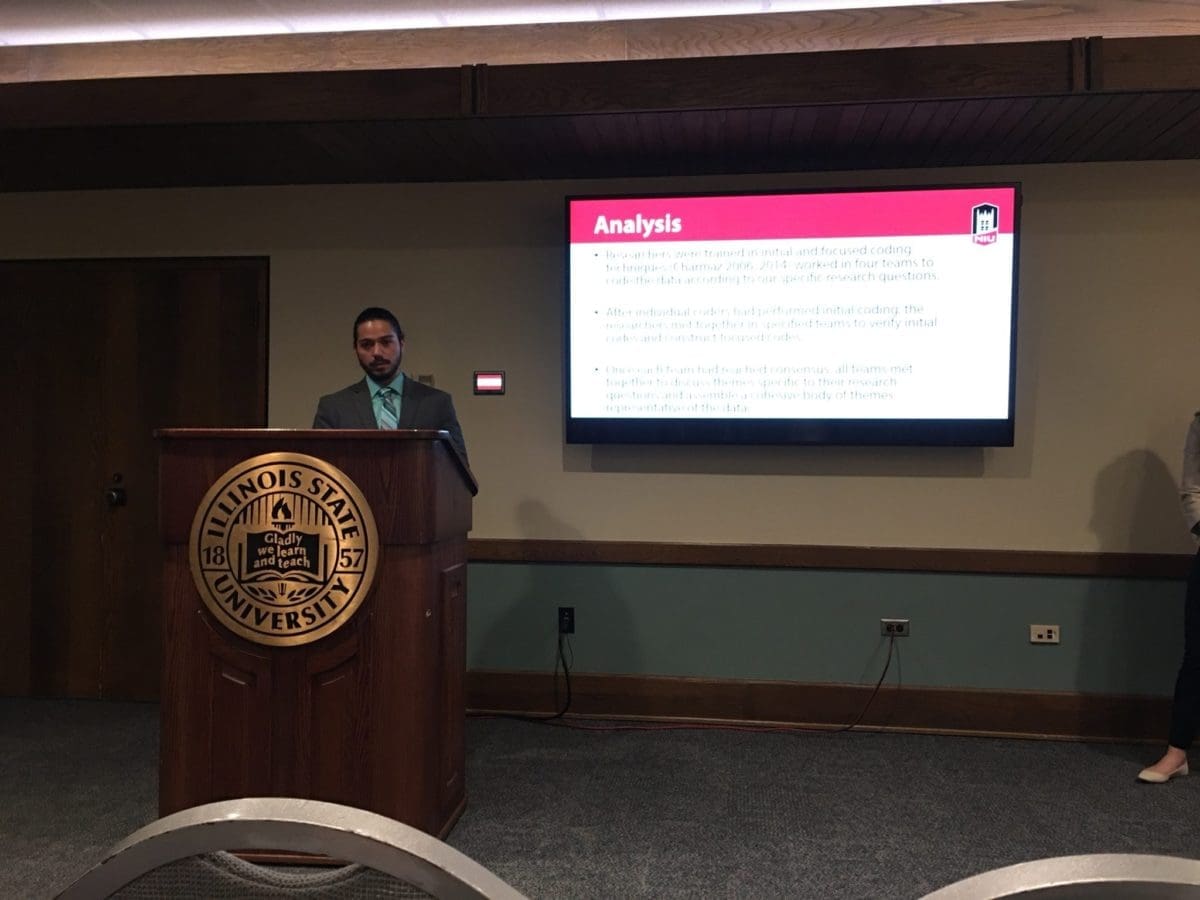
As we introduced our research we talked about how dating has been changing over the last few decades. Dating has now become more informal and is evolving to involve an increased acceptability for premarital sex and cohabitation. We talked about how even though the dating process is changing, a large percentage of the emerging adult population still has a desire to marry and sees marriage as an important lifetime goal. We then quoted the work of Galena Rhoades and Scott Stanley on their concept of the Vegas fallacy and then the Sliding versus Deciding theory by Rhoades, Stanley, and Howard Markman. Both theories in which we believe have an impact on emerging adult relationships.
Our study consisted of 1,224 participants aged 18-29 years old, and we focused on four specific questions:
RQ1: How does just talking delay commitment in romantic relationships during emerging adulthood?
RQ2: What are the relationship expectations when emerging adults engage in just talking?
RQ3: How does just talking serve as a potential screening process for romantic partners?
RQ4: How does fear of rejection play a role in just talking?
After analyzing our data we found 13 common themes about “just talking” within our responses. Four of our team members presented on these themes and were able to talk about our results and provide examples of each theme.
We then were able to discuss the decision-making process and implications, how the family-of-origin has an influence on commitment attitudes, and the impacts of increased technology use. Dr. Sibley concluded that “just talking” is a complex, multi-dimensional stage within romantic relationship formation and then we were able to answer a few questions from our audience.
Overall the conference was a success. We learned a lot about other research topics and many of us were also able to learn about what it was like to present our own research in front of an audience. For a few of the members in attendance, this was the first conference where they presented research and it felt rewarding for us to get our findings out there and start talking about emerging adult relationships. We had a great time and we are excited to continue presenting our research going forward!
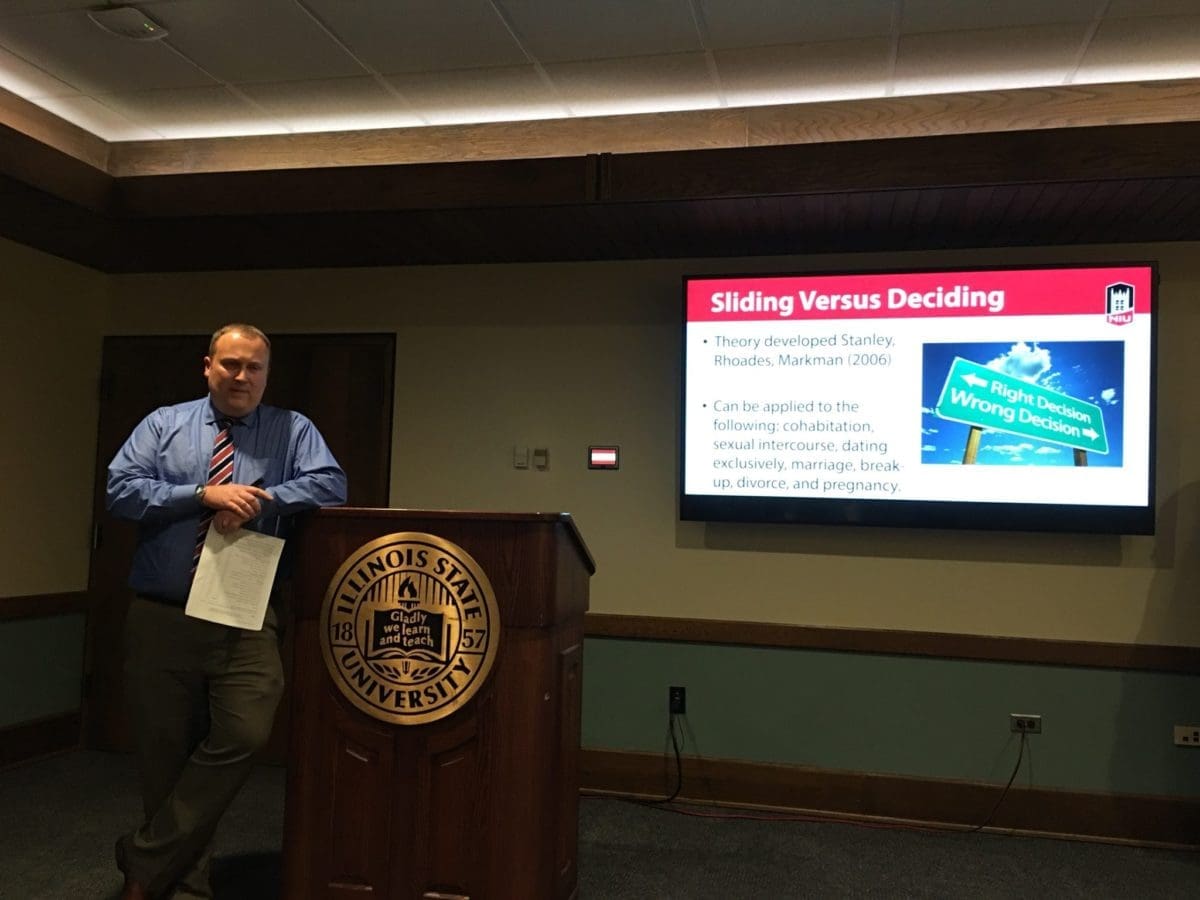
Discover more from Decide To Commit
Subscribe to get the latest posts sent to your email.
